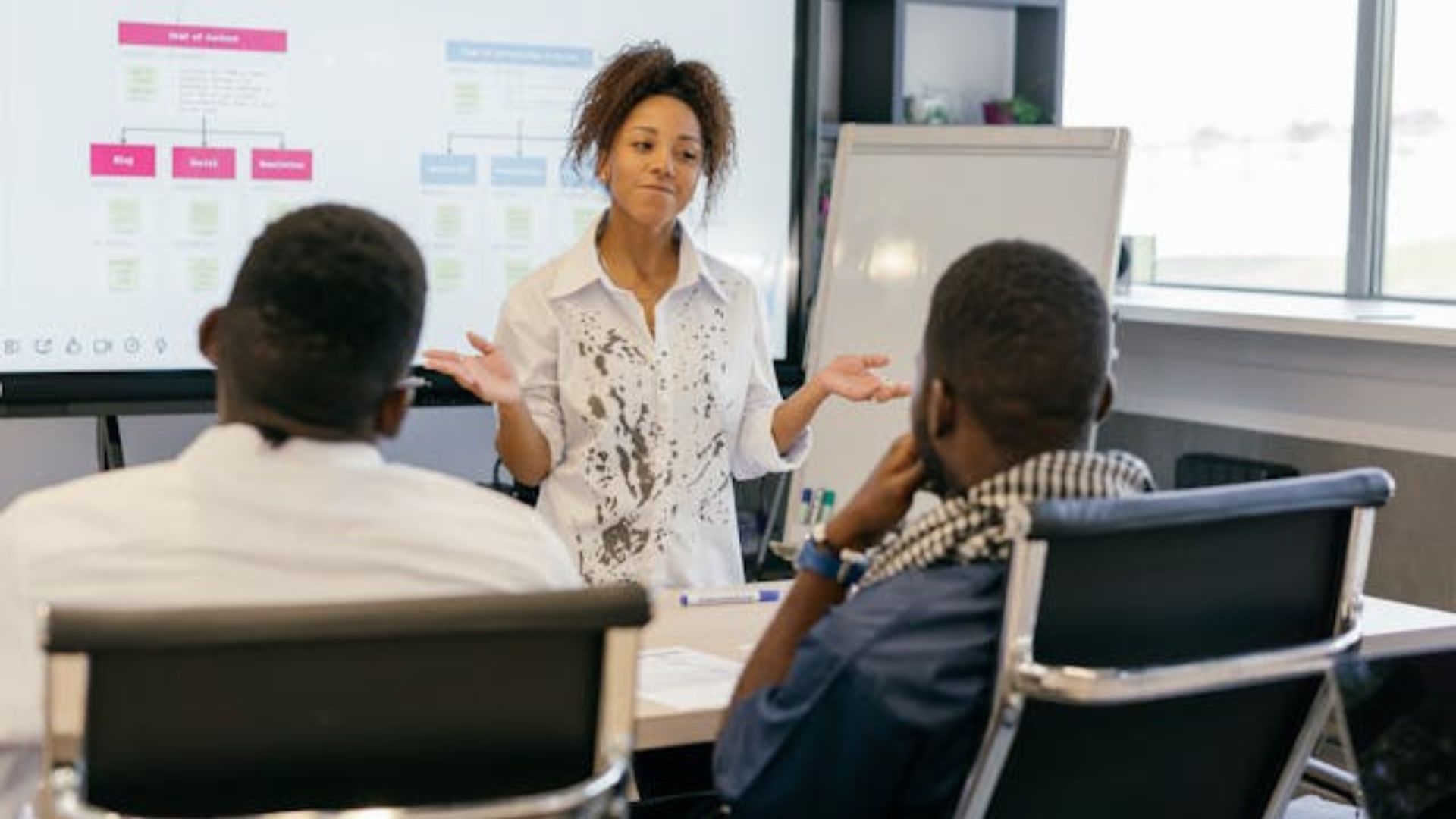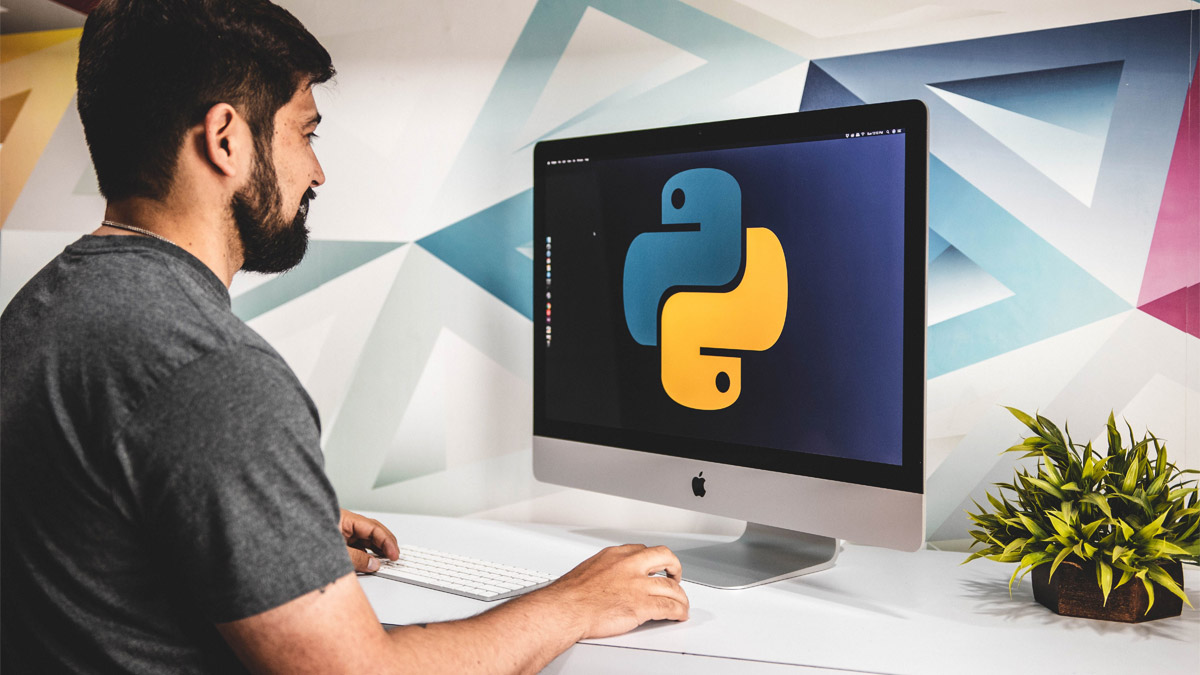Introduction
In today’s fast-paced digital environment, possessing the correct combination of digital skills can significantly improve your life. It’s not enough to be tech-savvy; you must also be able to use certain skills to uncover previously unattainable prospects. I’m here to share my story of how mastering seven critical digital skills helped me become a millionaire online in just one year. These abilities could be your golden ticket, whether you’re just starting or trying to advance your career.
Why Are Digital Skills Important?
The demand for digital talent in the UK and around the world has increased dramatically. Organisations of all sizes, from tiny enterprises to global corporations, are looking for someone with competence in navigating the online terrain. According to LinkedIn research, professions requiring digital skills pay 29% more than those without. Additionally, digital skills allow you to generate several revenue streams, work remotely, and achieve financial freedom.
Also Read – What is Alternative Education?
7 Digital Skills That Changed My Life
Here are seven great digital abilities that not only increased my income but also improved my life. Each skill fills a specific demand in the internet environment, making them extremely profitable.
1. Content Creation and Copywriting
The digital world revolves around content. Businesses want appealing blog articles, video scripts, and ad text to engage with their target audience. I improved my copywriting talents to create persuasive content that motivates others to take action.
Here’s how it benefited me:
- Writing sales pages that earned more than £100,000 in revenue.
- Creating compelling blog content that drove thousands of organic visitors.
Tips for Success:
- Master storytelling methods to keep readers engaged.
- Use Grammarly and Hemingway Editor to improve your writing.
- Continue understanding SEO to make your content more discoverable.
2. Search Engine Optimisation (SEO)
SEO was the foundation of my success. Understanding how search engines function helped me drive tremendous organic traffic to my websites and affiliate pages. SEO is more than just a technical talent; it’s an art form that combines keyword research, link development, and user experience optimisation.
Results:
- Increased website traffic by 300% within six months.
- Dominated competitive keywords in the UK’s digital skills niche.
Tips for Success:
- Utilise technologies such as Ahrefs, SEMrush, and Google Analytics.
- Keep up with Google’s algorithm adjustments.
- Concentrate on user intent and produce value-driven content.
3. Social Media Marketing
Social media channels are extremely useful for increasing brand recognition and boosting sales. By understanding sites such as Instagram, LinkedIn, and Facebook, I was able to design viral campaigns that drew clients and followers.
Results:
- In less than a year, I successfully grew my Instagram audience to 50,000 people.
- Launched a course using social media marketing that generated £50,000 in three months.
Tips for Success:
- Use Canva to create eye-catching images.
- Schedule posts with apps like Buffer or Hootsuite.
- Engage your audience to establish trust.
4. Web Development and Design
Every business requires a website, so web developers are in high demand. I learnt how to develop beautiful, user-friendly websites with platforms like WordPress and Shopify. This expertise not only saved me money, but it also generated significant freelancing revenue.
Results:
- Designed e-commerce stores that generated over £200,000 in revenue.
- Secured high-paying freelance work from clients all over the world.
Tips for Success:
- Learn the fundamentals of HTML, CSS, and JavaScript.
- Familiarise yourself with drag-and-drop builders such as Elementor.
- Concentrate on developing responsive, mobile-friendly designs.
5. Affiliate Marketing
Affiliate marketing enabled me to generate passive money by advertising products that I believed in. I earned commissions without owning any products by writing review blogs, uploading YouTube videos, and posting on social media.
Results:
- Received £75,000 in commissions from a single affiliate product in a year.
- Created automated revenue sources that pay even when I sleep.
Tips for Success:
- Concentrate on areas where you have a strong interest.
- Increase confidence by promoting real products.
- Track campaign performance and optimise it using analytics tools.
6. Email Marketing
Email marketing is still one of the most effective digital marketing methods. With a 4200% ROI, it’s a must-have ability. I used email marketing to nurture leads, promote products, and increase repeat transactions.
Results:
- Increased email list to 25,000 subscribers in eight months.
- A single email campaign resulted in sales of £50,000.
Tips for Success:
- Use automation systems such as Mailchimp or ConvertKit.
- Create personalised, value-packed emails.
- Segment your audience to get better results.
7. Data Analytics
Data is the new oil, and understanding analytics helped me gain a competitive advantage. I used crucial analytics such as website traffic, conversion rates, and audience behaviour to make educated decisions.
Results:
- Optimised marketing and doubled ROI.
- Identified high-performing content that drew more customers.
Tips for Success:
- Learn about tools such as Google Analytics and Tableau.
- Concentrate on useful insights rather than simply collecting data.
- To measure success, keep track of key performance indicators on a regular basis.
Conclusion
Mastering digital skills is about more than simply making money; it’s about attaining independence and living a life you enjoy. The seven talents I’ve shared are not only profitable, but also future-proof, allowing you to stay ahead in an ever-changing digital landscape. If I can attain financial success in a single year, you can too. Start small, be consistent, and watch your efforts pay off.
Remember that the digital world rewards those who take action. Which talent will you master first?
FAQs
It depends on your dedication. Some skills, like content creation, can be learned in a few months, while others, like web development, may take longer.
Absolutely. A report by the UK’s Department for Digital, Culture, Media & Sport found that 82% of job vacancies require digital skills.
No. Practical experience and a strong portfolio matter more than a degree in most cases.
In the technologically advanced world of today, digital skills are more important than ever. To remain competitive, employers, business owners, and even independent contractors require a robust set of digital skills. Among the most sought-after abilities are:
- Coding & Programming: AI models, websites, apps, and business automation are all powered by languages like Python, Java, and JavaScript.
- Data science and analysis: Companies are always gathering data, but in order to analyse it, spot trends, and come to wise conclusions, they want qualified experts in data science and analysis.
- Digital marketing: Businesses want professionals who can increase online visibility and sales, from SEO and content strategy to paid advertising and social media campaigns.
- Cybersecurity: To preserve trust and safeguard sensitive data in the face of growing internet dangers, cybersecurity experts are crucial.
- Artificial Intelligence and Machine Learning: Proficiency in automation, natural language processing, and model training is revolutionising various industries.
- Cloud computing: The core of contemporary commercial operations are platforms like AWS, Microsoft Azure, and Google Cloud.
- UX/UI Design: Since user experience is becoming a deciding factor in business competition, innovative digital designers are in great demand.
In addition to influencing jobs, these abilities are creating avenues for freelance work, entrepreneurship, and international opportunities.
The ability to solve issues, generate opportunities, and prosper in a connected society through the effective use of digital technologies is referred to as digital skills. Fundamentally, this encompasses commonplace abilities like utilising productivity tools, handling emails, and using the internet.
At a higher level, it calls for specific knowledge in areas like digital marketing, data analytics, and coding.
Being “digitally skilled” is now required, not optional. Digital skills enable you to: Work more efficiently with technology, whether you’re a professional looking to advance, a student getting ready for the workforce, or an entrepreneur hoping to expand your company.
- Create cutting-edge goods and services.
- Interact and work together internationally.
- Make use of online resources for impact, revenue, and education.
Digital skills essentially enable individuals to fully engage in the digital economy and influence the nature of work in the future.
The discrepancy between people’s present skill set and the digital competence that companies require is known as the “digital skills gap.” Many people still lack the training necessary to keep up with the fast adoption of technologies like automation, cloud computing, and artificial intelligence by organisations.
For instance, Companies may wish to employ sophisticated data analysis to enhance decision-making, yet there aren’t enough experts capable of deciphering intricate datasets.
Cybersecurity threats are growing, but there aren’t enough professionals to keep systems safe.
Universities and colleges frequently find it difficult to update their curricula fast enough to meet industry demands, which leaves graduates ill-prepared.
There are serious repercussions from this gap. Individuals lose out on profitable career prospects, businesses experience delays in their digital transition, and economies lose out on possible growth. We at the School of Coding & AI are steadfastly dedicated to ensuring that people have the practical, future-ready skills necessary to close the gap.







